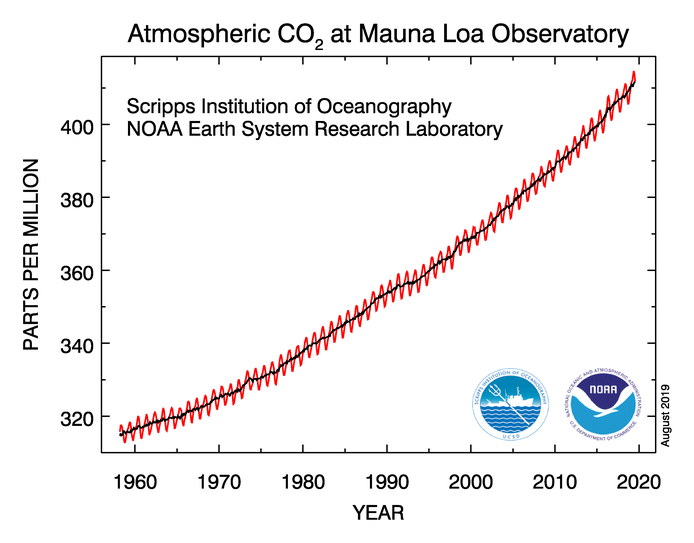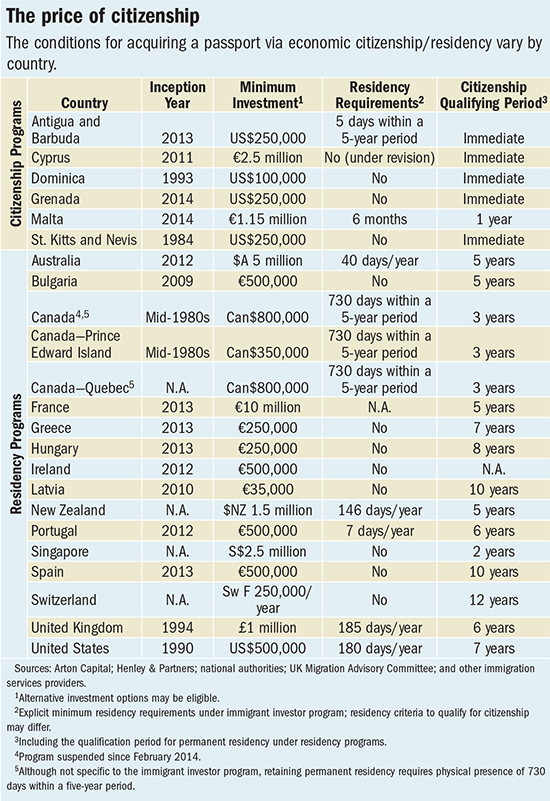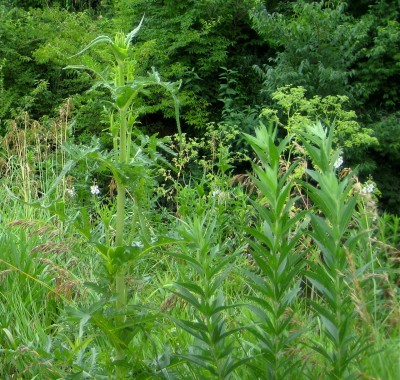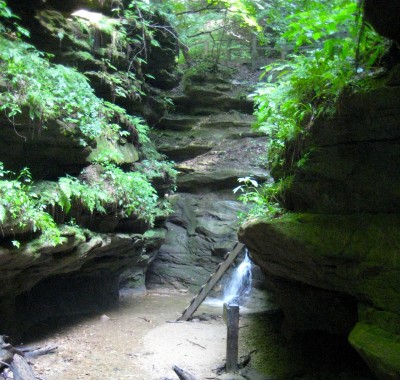 What makes a country rich? Hint: It has nothing to do with natural resources. Places like Singapore, Hong Kong, and Japan prove that. (See also: How to Get Rich by Being Evil)
What makes a country rich? Hint: It has nothing to do with natural resources. Places like Singapore, Hong Kong, and Japan prove that. (See also: How to Get Rich by Being Evil)
We’ve known how to have rich countries for a while now; Adam Smith laid most of the ground work in 1776 with The Wealth of Nations, and we’ve improved on it modestly since then. You need three things:
- Private property
- Free markets
- Rule of law
None of those things have to be perfect for a country to get rich. Look at what China and India have done over the past twenty years. Allow a little private property, reduce government regulation a little, and you unleash a lot of entrepreneurial activity. Pretty soon, you have a bigger economy, higher incomes, and a richer population.
What’s interesting to me is how important that third point turned out to be.
As the Soviet Union began to collapse, a lot of people were offering advice on how to free the economies of the formerly communist countries. Most of the advice had to do with getting state property into the hands of ordinary people in ways that would allow the greater productivity that private property and free markets allow.
There was a lot less focus on how to imbed the rule of law into the system. It was almost as if people figured that the shift from a police state to the rule of law would be easier than getting there from a state of anarchy. (A dumb idea, once you think about it.)
So, thanks to the unhappy experiments in Russia (and other places) we now know what happens if you have (some) private property and (moderately) free markets without the rule of law. You don’t get a rich country; you just get a lot of rich people.
This insight has been guiding me politically for a while now. Obviously, it would be great to be a rich person in a rich country, but few of us have that option. Pretty much by definition, most of us are going to be somewhere in the broad middle. But if you’re going to be in the broad middle, it’s a lot better to do so in a rich country.
Happily, we know how to have a rich country.
Note: This was originally written for Wise Bread, but they decided it wasn’t for them, so I’m posting it here. I’ve kept it just as I’d written it, including the “see also” link back to Wise Bread. And, since it was written for a monetized market, I’ve gone ahead and put some ads in this post, even though I don’t general monetize my blog. Somehow, the post seemed lonely without them.









